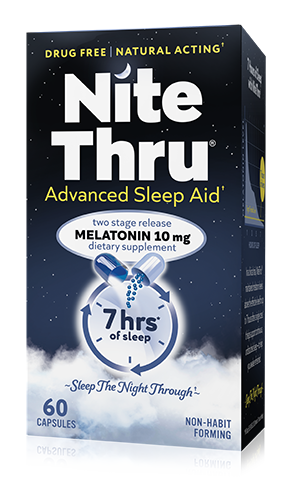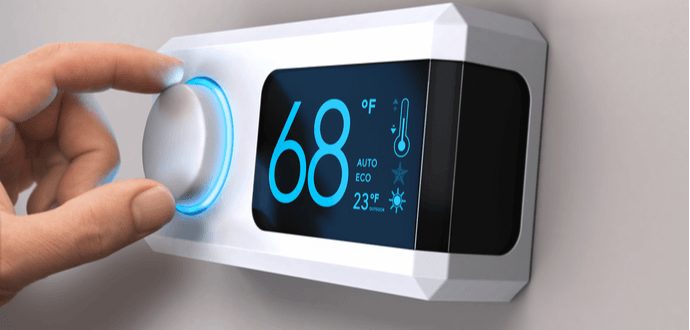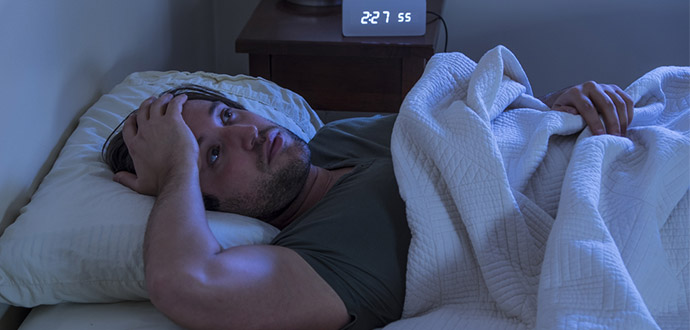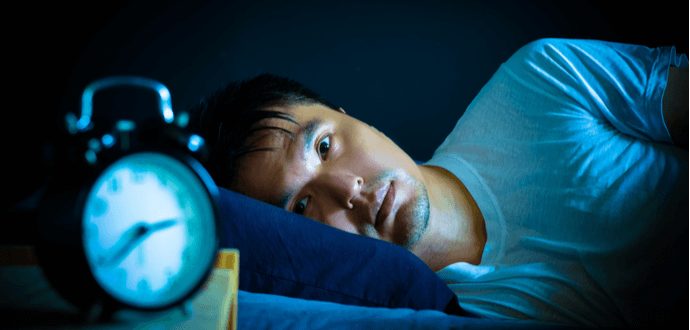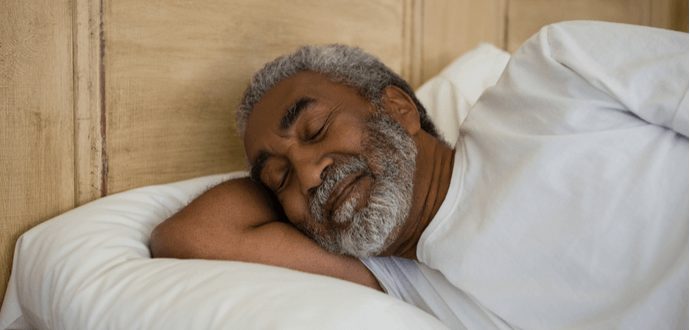Understanding Sleep Apnea Symptoms, Causes, Treatments, and Long-Term Effects

There are a variety of different health conditions that impact sleep, but one of the most serious concerns is sleep apnea. People suffer from a few different types of sleep apnea, but the signs and causes of the disorder can be similar. It is also possible to have complications from sleep apnea, and certain underlying medical issues make a person more susceptible to developing it.
This article discusses the basics of what sleep apnea is, common sleep apnea symptoms, and the treatment options available for it. It also addresses the effects of sleep apnea if it left untreated over time.
Types of Sleep Apnea
Of the types of sleep apnea, the most common is obstructive sleep apnea. This type occurs when throat muscles relax and the airway narrows or even closes. A second type of the disorder is called central sleep apnea, which involves the brain being unable to send signals to the body’s muscles to properly control breathing. If a person has both of these conditions, it is known as complex sleep apnea or treatment-emergent central sleep apnea. 1
What Causes Sleep Apnea?
Most commonly, the answer to what causes sleep apnea is an occurrence of the throat muscles relaxing too much, thereby not being able to properly support the walls of the throat, tonsils, and soft palate. This phenomenon causes obstructive sleep apnea and results in low levels of oxygen in the blood and a person not getting enough air.
But with the less common condition of central sleep apnea, the issue is caused when the brain does not send the appropriate signals to the muscles that control breathing. The bodies of individuals who suffer from this condition do not make any effort to breathe for a period of time, which affects sleep and causes them to wake up suddenly.1
Risk factors include a past history of heart disorders, use of opioid medications, and being overweight. Men and older adults are most likely to develop sleep apnea.
What Are the Symptoms of Sleep Apnea?
People snore for a variety of reasons, but loud snoring is one of the most common telltale signs of sleep apnea. People with sleep apnea may also gasp for air while sleeping, wake up with headaches, experience sleeplessness, and be very sleepy during the daytime. Other possible sleep apnea symptoms are dry mouth and irritability. 1
Treatments and Long-Term Effects of Sleep Apnea
Lifestyle changes, such as losing weight or treating existing allergies, can help control minor cases of sleep apnea. However, many sufferers of this condition require a continuous positive airway pressure (CPAP) machine to help keep airway passages open during sleep. Other treatment options for sleep apnea include oral appliances, bilevel positive airway pressure devices, and surgery to remove or shrink tissue at the back of the mouth or to reposition the jaw.1
If left untreated, sleep apnea can have serious long-term consequences. For example, uncontrolled sleep apnea has been linked to increases in blood pressure, diabetes, and heart disease.2
References
- Mayo Clinic. Sleep Apnea. Retrieved December 13, 2018 from https://www.mayoclinic.org/diseases-conditions/sleep-apnea/symptoms-causes/syc-20377631
- Johns Hopkins Medicine. The Effects of Sleep Deprivation. Retrieved December 13, 2018 from https://www.hopkinsmedicine.org/health/healthy-sleep/health-risks/the-effects-of-sleep-deprivation
“Please note, the material located on our site is for informational purposes only, is general in nature, and is not intended to and should not be relied upon or construed as a therapeutic claim or medical advice regarding any specific issue or factual circumstance.”
